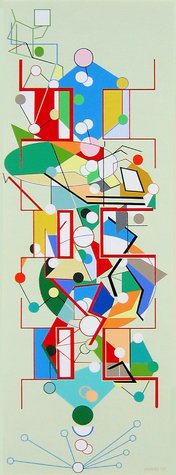W3. Planning and Plan Execution for Real-World Systems: Principles and Practices for Planning in Execution
List of Papers
Chairs
Preface
Early approaches to robot control were based on the Sense-Plan-Act (SPA) paradigm with planning as the core of a control-loop. Using this paradigm, real-world applications merging deliberative and reactive decision have made remarkable strides in the last few years. These systems have evolved from the classical concept of three-layered control running off-board, to demonstrate dynamic control of a multitude of platforms using onboard and hybrid mixed-initiative techniques. In the meantime, automated planning techniques have evolved substantially in the areas of modeling, reasoning methods, and search algorithms. Together these advances open up new possibilities for how planning technology can be applied in execution, but also reveal new concerns like the interaction between different decisional components or the possible conflict between decision and environmental reality. The goal of this workshop is to integrate practical experience in fielded autonomous systems with theoretical and empirical results in automated planning to stimulate new perspectives on the roles and requirements for planning in execution.The workshop seeks contributions in two key areas. The first is focused on applications of planning in execution dealing with architectural or modeling choices to deal with the dynamic real-world environment. Papers should indicate how the system impacts all stages of application development and deployment. Contributions in this area should elaborate on the rationale underpinning the design and the performance of the resulting system in the field. The second key area is focused on theoretical and empirical results for specific automated planning techniques for on-line use in dynamic and uncertain environments. Contributions in this area should address how and why the methods described might be incorporated into a larger application context.
The scope of the workshop includes (but not limited to) the following :
- Planning and Execution in Agent architectures
- Plan representation and the impact to solving real-world problems
- Semantics of plan execution and their impact to dealing with uncertainty (temporal, spatial and geometric)
- Decision-theoretic approaches to mission planning and execution
- Bounded (time and space) search techniques which deal with environmental uncertainty for plan execution
- Machine Learning for adaptive event-response
- Planning and Execution in unstructured, unknown or hostile conditions.
Committee
List of Papers

Ome © Marjorie Mikasen 2005